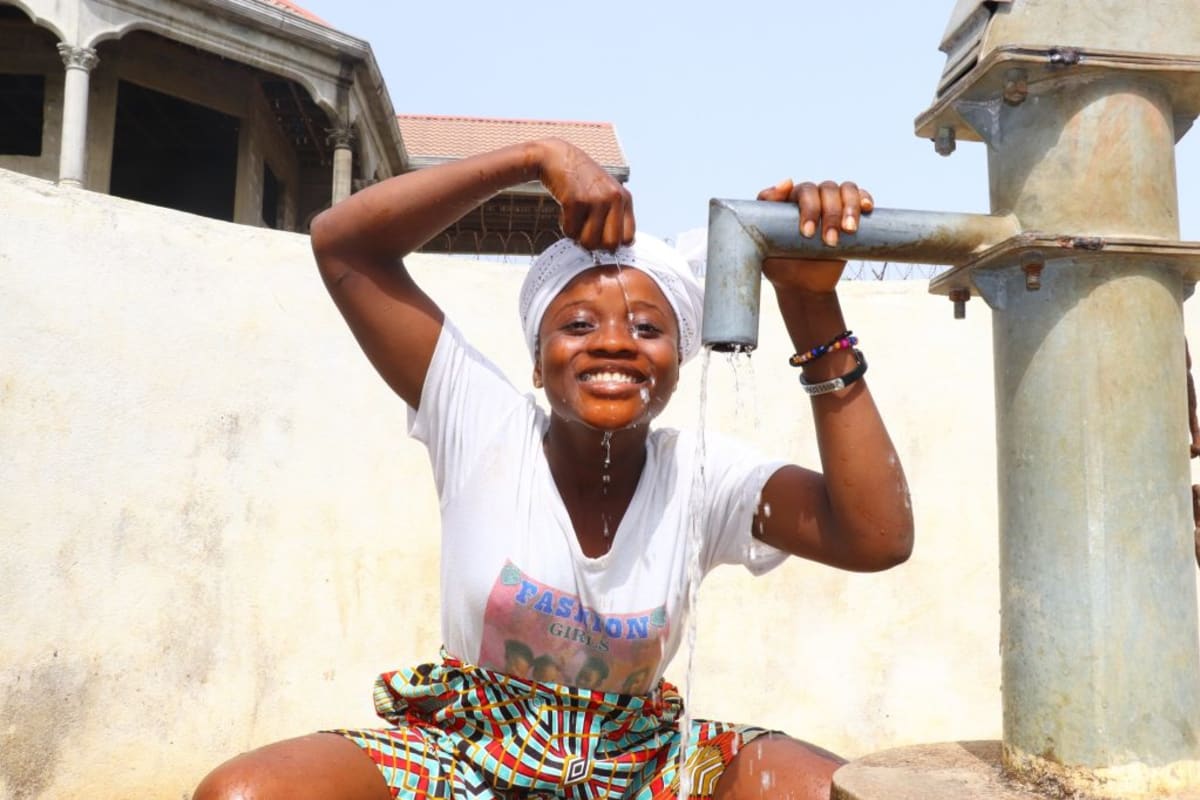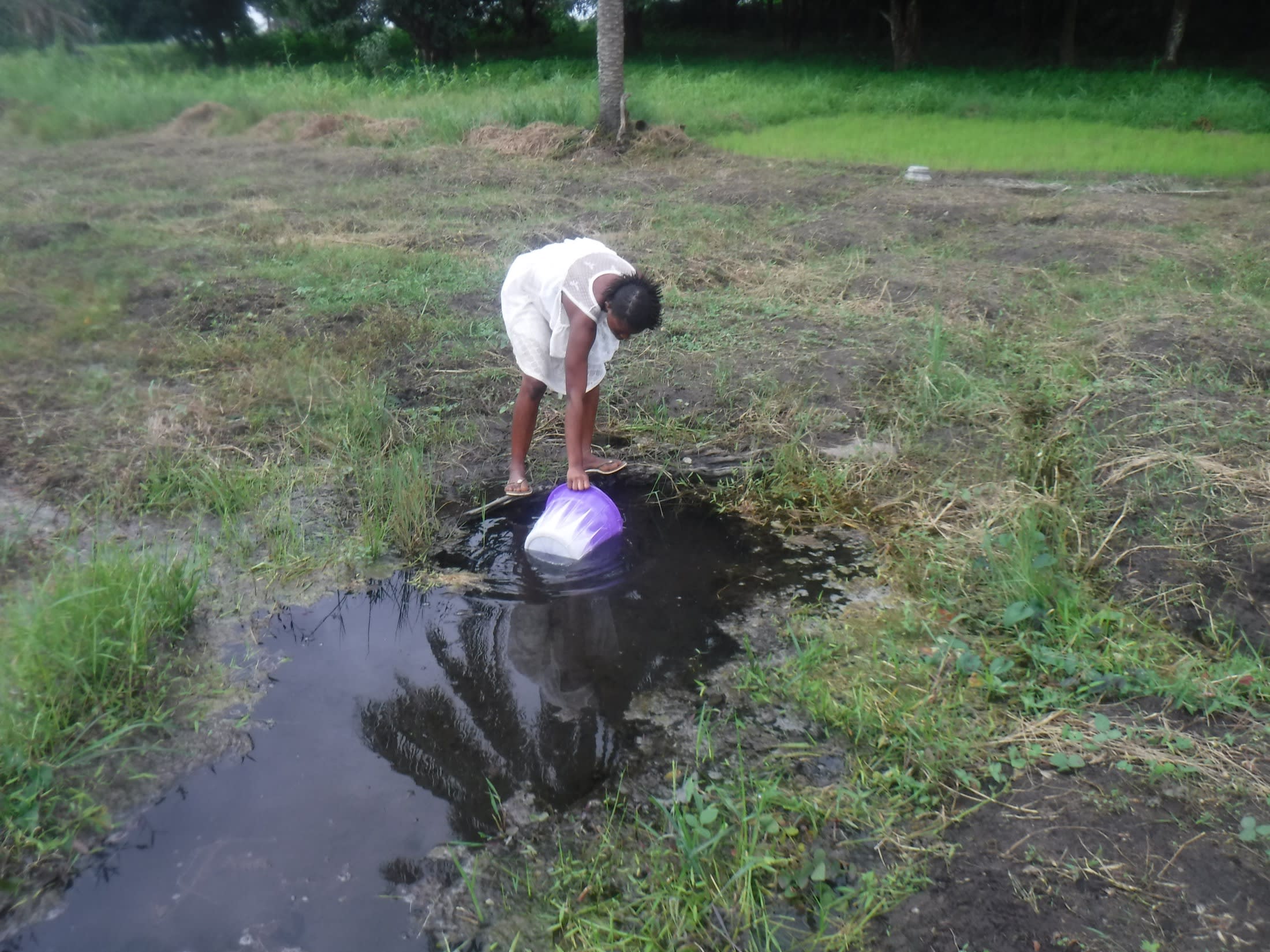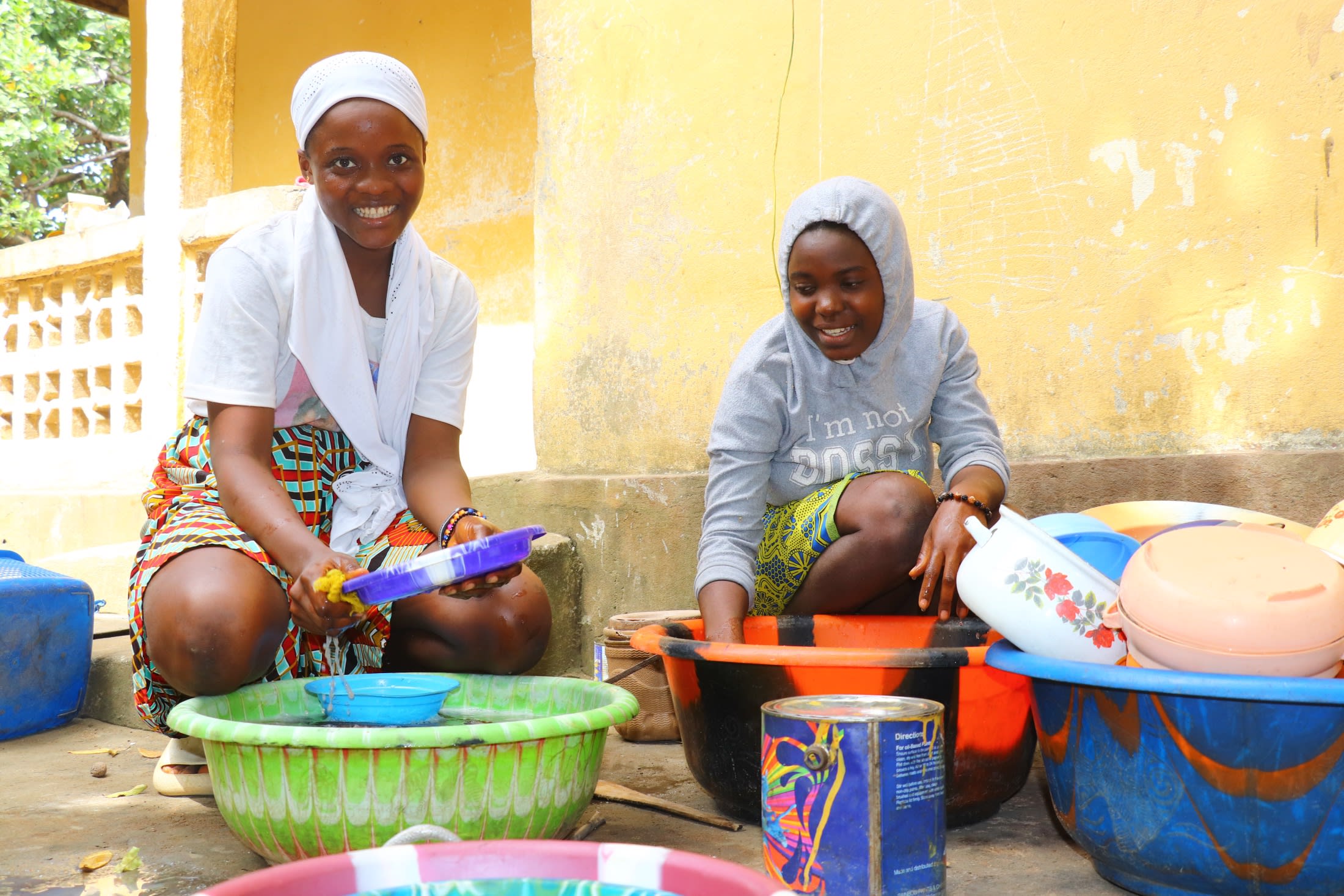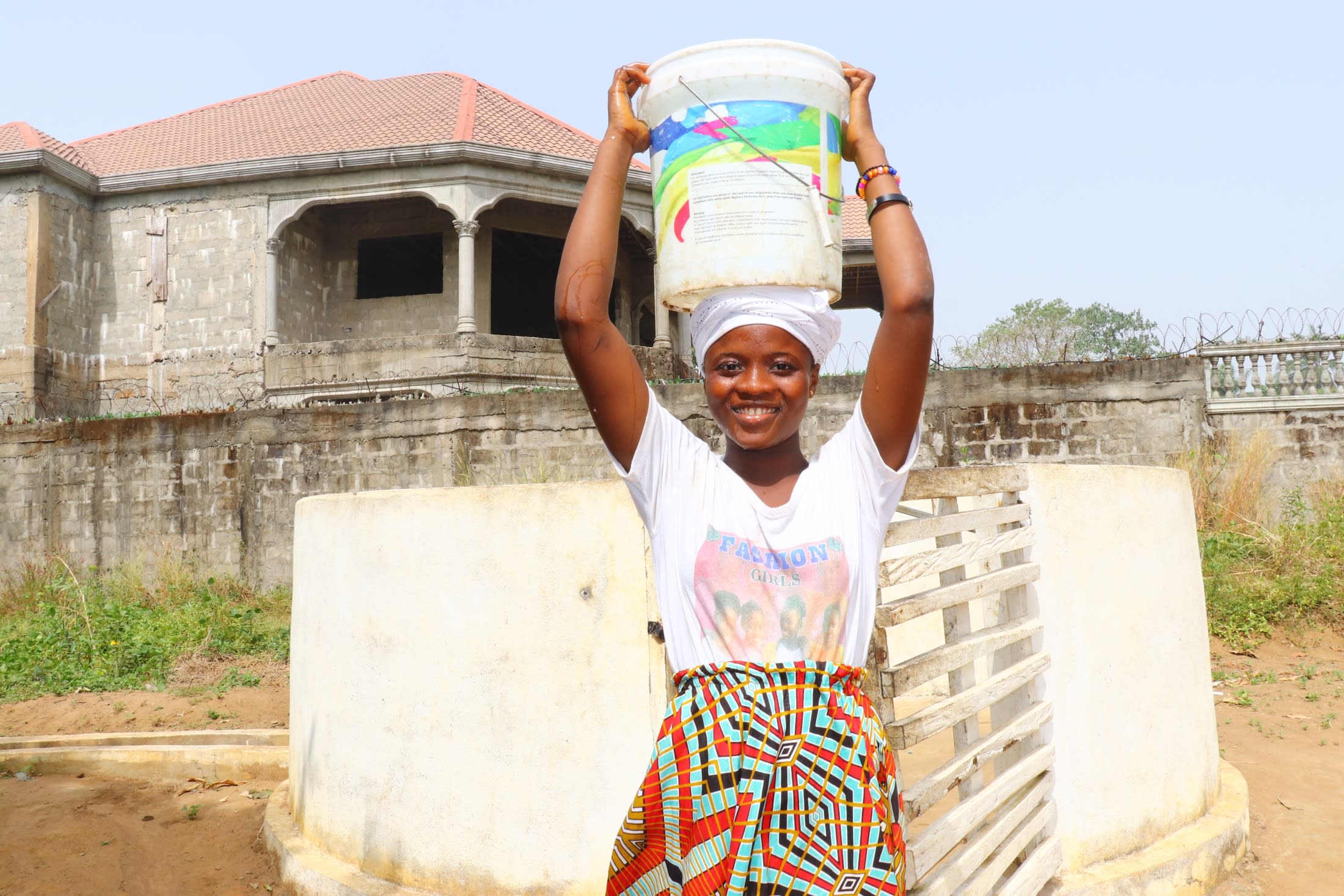March, 2023: Malokoh Community Well Complete!
We are excited to share that there is now a safe, reliable borehole well at Malokoh Community. As a result, community members no longer rely on unsafe water to meet their daily needs. We also conducted hygiene and sanitation training, which focused on healthy practices such as handwashing and using latrines.

"The new water point will prevent me from water-related illnesses I used to experience, such as diarrhea and typhoid," said 15-year-old Mamusu M. "In addition, the new water point will help me to launder my school uniforms on time. Now that we have a new well, I will easily fetch water after school to launder my uniforms earlier."
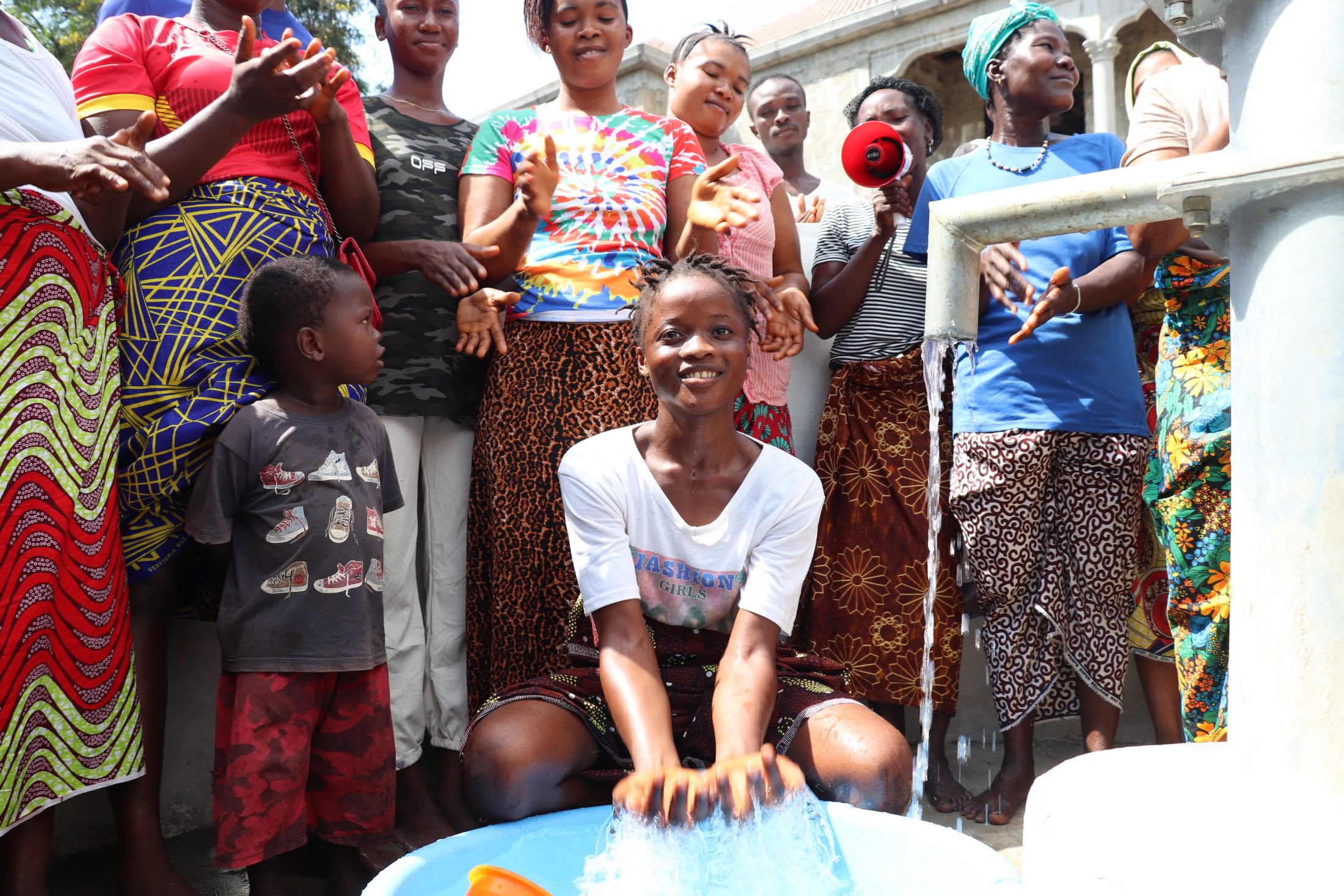
"This water point has turned things around for me. Honestly, I was thinking of relocating to another community because of the previous water constraints in this community. Now that this new well is in this community, I will no longer find it difficult to fetch water. I will be able to fetch water with ease since the water point is closer to my house. There will be enough water to cook, bathe, launder, and to drink," said 35-year-old teacher Marian Mansaray.

Marian continued, "The new water point will prevent me from water-related illnesses I used to experience. A couple of months ago I went to the hospital to examine my health. Based on the laboratory results, it shows that I was suffering from typhoid fever. I was not surprised by this because the water we used to drink from the swamp was highly contaminated. Today, all these things will now become history."

We held a dedication ceremony to officially hand over the well to the community members. Several local dignitaries attended the ceremony, including representatives from the Ministry of Water Resources, the Port Loko District Council, and the Ward Councilor. Each official gave a short speech thanking everyone who contributed to this water project and reminding everyone to take good care of it. Then, Marian made statements on her community's behalf. The ceremony concluded with celebration, singing, and dancing.
New Well
The drill team arrived the day before beginning work. They set up camp and unpacked all their tools and supplies to prepare for drilling the next day. The community provided space for the team to store their belongings and meals for the duration of their stay. The following day, work began.
Our team dug two pits next to the drill rig, one for the drill’s water supply and another for what the drill pulls out of the borehole. In some cases, we order a private supplier to deliver the water for drilling since water access is already challenging.

Day one of drilling began as the team mixed water with bentonite, an absorbent clay, in the two dug pits. Next, the team fixed a four-inch carbide-tipped bit to the five-foot-long drill stem. They started the mud pump to supply water to the drill rig so that drilling could begin!
After putting each five-foot length of drill stem into the hole, the team took material samples. We labeled the bags to review them later and determine the aquifer locations.

On the second day of drilling, the team expanded the hole and cleared it of mud. After reaching a total depth of 21 meters, the team forcefully pumped clean water into the well to remove any dirt and debris from the drilling process. We then protected the screened pipe by adding a filter pack. The team hoisted the temporary drilling casing to fortify the pipes with cement.

Yield test.
Next, we bailed the well by hand for three days before conducting a yield test to verify the water quantity. With these excellent results, we installed a stainless steel pump. Water quality test results showed that this was clean water fit for drinking!
New Knowledge
Before conducting any hygiene training, we called and visited the local water user committee to understand the community’s challenges and lack of sanitation facilities. We shared the findings from our discussions with the committee members to help them make the necessary adjustments before the training began. For example, we identified households without handwashing stations or ones that may need to repair their latrines. With this information, community members worked together to improve hygiene and sanitation at home.
We also invited a nurse from the local clinic to help explain some topics and spread awareness about Sierra Leone's free vaccinations for children under five. She was instrumental in reinforcing each lesson.
After this preparatory period, we scheduled a time when members from each household using the water point could attend a three-day hygiene and sanitation training. We then dispatched our teams to the agreed-upon location to hold the meeting.

Training topics covered included handwashing and tippy taps, good and bad hygiene habits, disease transmission and prevention, COVID-19, worms and parasites, proper dental hygiene, proper care of the well's pump, keeping the water clean, the cost recovery system, the importance of using dish racks and clotheslines, the importance of toilets, keeping latrines clean, balanced diets, the diarrhea doll, and HIV and AIDS.

Using a tippy tap.
"I believe if I put into practice the things I have learned, I will not get sick. This new knowledge has given me an impact to stop the bad hygiene practices that I have been practicing before. I am so happy to know the techniques of proper hand washing. I will definitely pass on this knowledge to my children so that all of us will practice proper hand washing. This will help us to be on the safer side from the transmission of diseases such as typhoid, cholera, and diarrhea," said Marian (quoted earlier).
Conclusion
This project required a substantial collaboration between our staff, our in-country teams, and the community members themselves. When an issue arises concerning the well, community members are equipped with the necessary skills to rectify the problem and ensure the water point works appropriately. However, if the issue is beyond their capabilities, they can contact their local field officers to assist them.
Also, we will continue to offer them unmatchable support as a part of our monitoring and maintenance program. We walk with each community, problem-solving together when they face challenges with functionality, seasonality, or water quality. Together, all these components help us strive for enduring access to reliable, clean, and safe water for this community.
With your contribution, one more piece has been added to a large puzzle of water projects. In our target areas, we’re working toward complete coverage of reliable, maintained water sources within a 30-minute round trip for each community, household, school, and health center. With this in mind, search through our upcoming projects to see which community you can help next!
Thank you for making all of this possible!

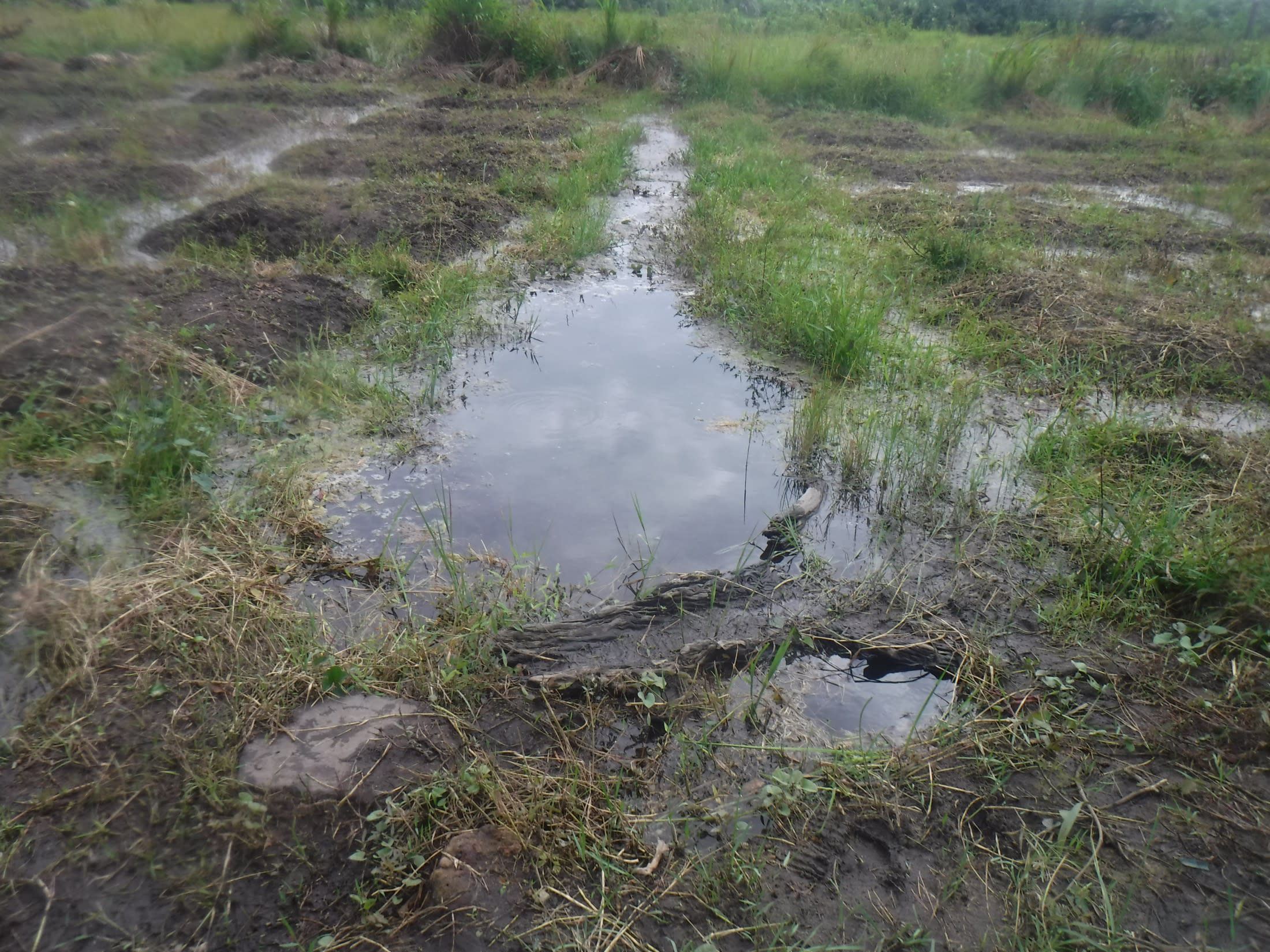
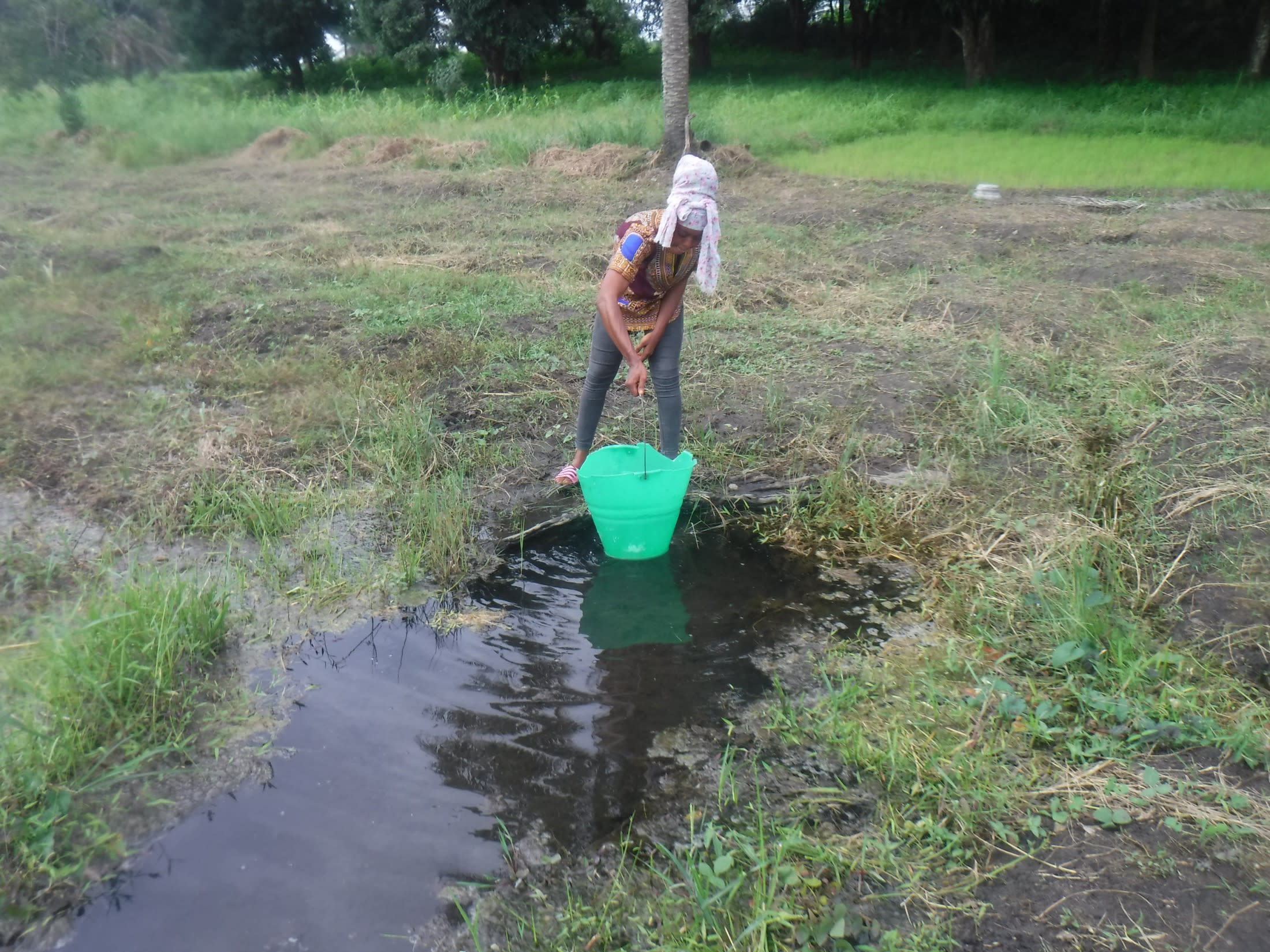
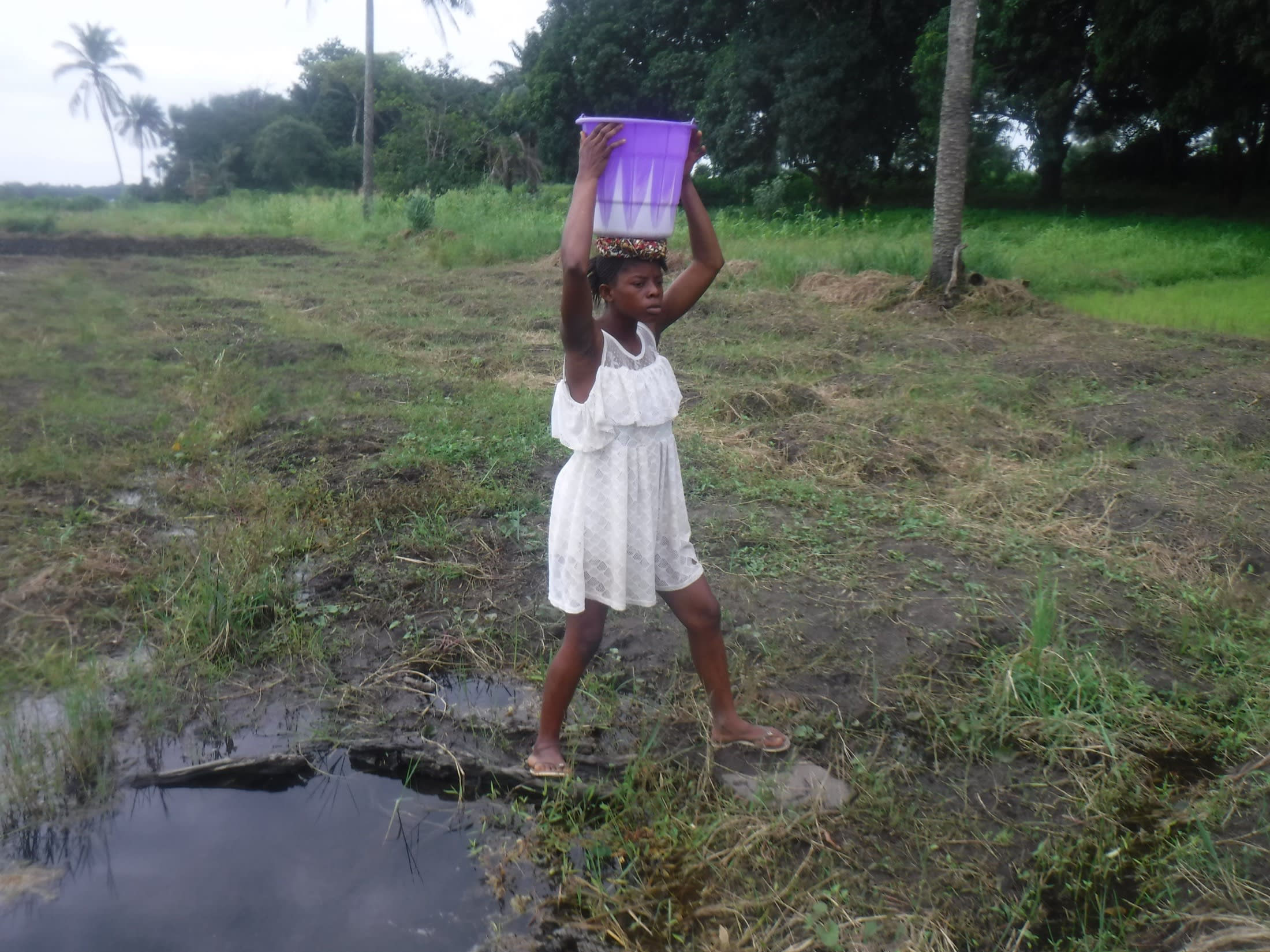

 Borehole Well and Hand Pump
Borehole Well and Hand Pump
 Rehabilitation Project
Rehabilitation Project


























